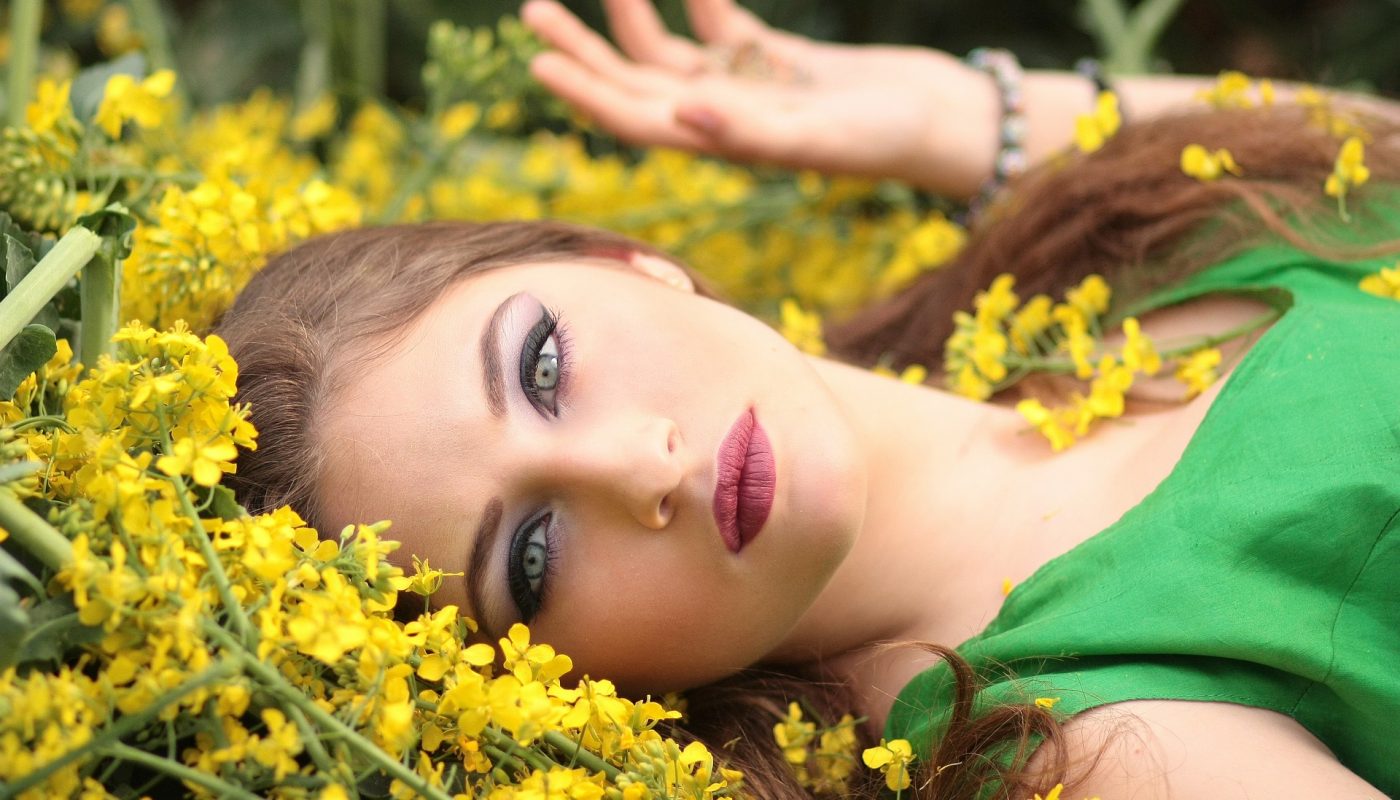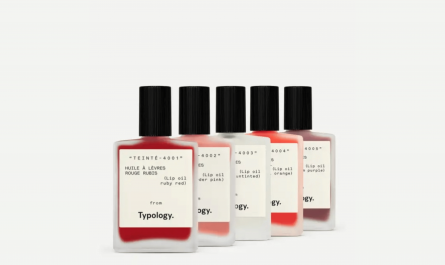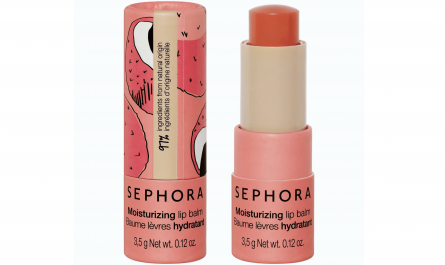Makeup primers, often referred to as beauty’s secret weapon, play a pivotal role in creating a flawless and long-lasting makeup look. They serve as a base that can help you achieve your desired makeup goals, whether it’s a matte finish, a dewy complexion, or minimizing the appearance of pores. However, selecting the right primer depends on your skin type and the specific makeup effect you’re aiming for.
Introduction to Makeup Primers
Makeup primers are the unsung heroes of the cosmetics world. They are the first step in your makeup routine and offer numerous benefits, including:
The Role of Primers in Makeup
Primers provide a smooth canvas for makeup application, enhance makeup longevity, and improve skin texture. They are essential for achieving a flawless finish.
Understanding Your Skin Type
Before delving into the world of primers, it’s crucial to understand your skin type. Different skin types have unique characteristics, and the right primer can address specific concerns.
Identifying Different Skin Types
Skin types can range from oily to dry, combination, and sensitive. Knowing your skin type is fundamental in selecting the perfect primer.
Why Skin Type Matters in Primer Selection
Your skin type affects how a primer interacts with your skin and makeup. Choosing a primer tailored to your skin type ensures optimal results.
Types of Makeup Primers
The market offers a variety of makeup primers, each designed to cater to different needs and concerns.
Mattifying Primers for Oily Skin
Mattifying primers control excess oil, resulting in a shine-free complexion and longer-lasting makeup.
Hydrating Primers for Dry Skin
Hydrating primers provide the moisture dry skin craves, leaving your skin looking plump and radiant.
Pore-Filling Primers for Large Pores
These primers smooth out uneven skin texture and minimize the appearance of enlarged pores.
Illuminating Primers for a Radiant Glow
Illuminating primers impart a natural, dewy radiance to your skin, creating a luminous base for makeup.
Choosing the Right Primer for Your Makeup Goals
The choice of primer should align with your makeup goals. Different primers can help you achieve specific effects.
Achieving a Matte Finish
If you prefer a matte finish that stays shine-free all day, consider matte-finish primers.
Enhancing Hydration and Dewiness
For a hydrated and dewy complexion, opt for hydrating primers that lock in moisture.
Minimizing the Appearance of Pores
To reduce the visibility of pores and create a smooth canvas, pore-filling primers are the way to go.
Creating a Luminous Complexion
If you’re aiming for a radiant glow, choose illuminating primers to add a touch of luminosity to your skin.
How to Apply Primer Correctly
Selecting the right primer is only half the battle; applying it correctly is equally important.
Prepping Your Skin
Before applying primer, ensure your skin is clean and well-moisturized. Properly prepped skin enhances the primer’s effectiveness.
Applying Primer Effectively
Apply a small amount of primer evenly to your face, focusing on problem areas. Use gentle, upward strokes for a seamless finish.
Primer Mistakes to Avoid
While primers offer numerous benefits, there are common mistakes to avoid during application.
Overusing Primer
Using too much primer can lead to a heavy, cakey look. A little goes a long way, so use it sparingly.
Not Considering Skin Type
Selecting a primer without considering your skin type can result in makeup that doesn’t hold up throughout the day.
Skipping Moisturizer
Primer is not a replacement for moisturizer. Ensure your skin is adequately moisturized before applying primer for the best results.
Conclusion
In conclusion, choosing the right primer is a vital step in achieving a flawless makeup look. By understanding your skin type and makeup goals, you can select the perfect primer that enhances the longevity and appearance of your makeup.
FAQs About Choosing and Using Makeup Primers
Can I use more than one type of primer at once?
Yes, you can mix and match different types of primers to achieve specific makeup effects as needed.
Is primer necessary for daily makeup?
While not mandatory, primer can significantly improve the longevity and appearance of your daily makeup.
Can I use a primer as a standalone product?
Primers are designed to be used as a base for makeup. Using them alone won’t provide the same benefits as when used with makeup.
Should I apply primer before or after moisturizer?
Primer should be applied after moisturizer and sunscreen, as it acts as a barrier between your skincare products and makeup.
. How long does makeup stay fresh with the right primer?
With the right primer, makeup can stay fresh and vibrant for up to 12 hours or more, depending on the product and your skin type.
Mastering the art of choosing and using primers will empower you to achieve flawless makeup looks that last all day and night. Happy priming!




